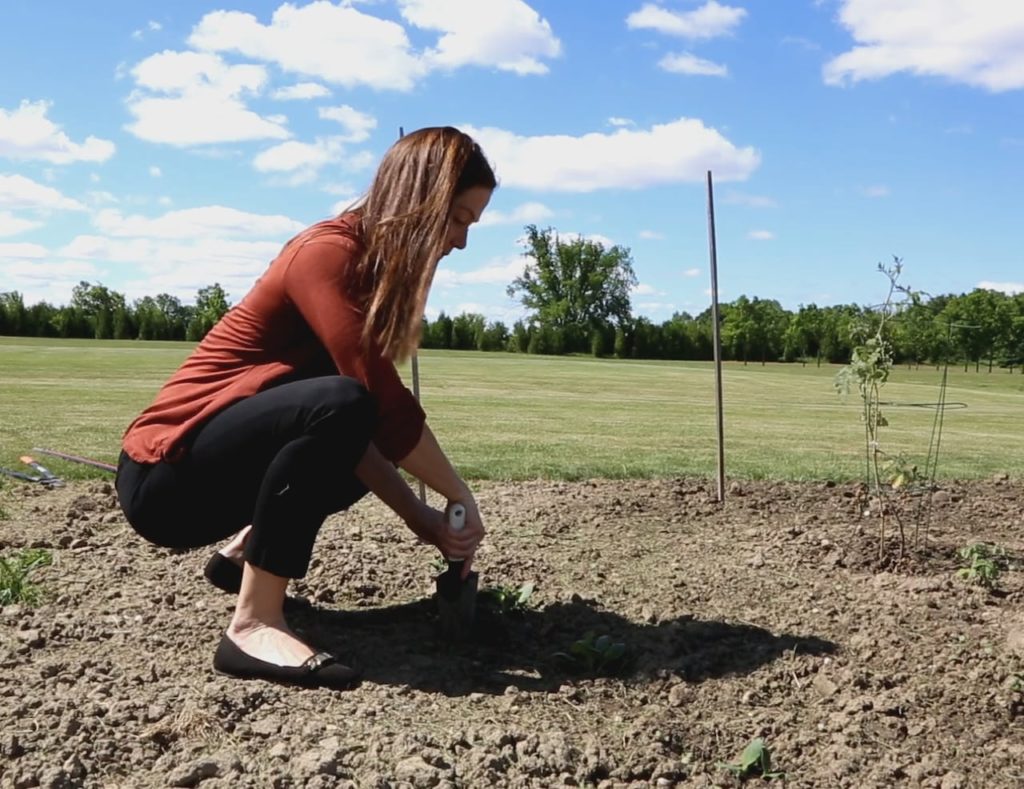Trigger finger, or stenosing tenosynovitis, is a condition that affects the tendons responsible for bending your fingers. It occurs when inflammation narrows the tendon sheath, causing the affected finger to catch, click, or lock when bent. While the condition can be caused by repetitive use, underlying inflammation, or certain medical conditions such as diabetes and rheumatoid arthritis, everyday habits often play a significant role in making symptoms worse.
As a board-certified hand surgeon serving patients throughout Metro Detroit, Dr. Avery Arora frequently sees individuals who unintentionally aggravate their condition through daily activities. Recognizing and modifying these habits can significantly improve comfort and help prevent the need for surgical treatment.
Overuse and Repetitive Gripping
Frequent gripping, pinching, or squeezing motions place repetitive strain on the flexor tendons. Activities such as gardening, playing musical instruments, typing, or using hand tools can all contribute to tendon irritation. Over time, this can lead to swelling around the tendon sheath, increasing the “catching” sensation associated with trigger finger.
Recommendation: Take regular breaks from activities that require prolonged gripping, and when possible, use ergonomically designed tools with cushioned handles to reduce tension on the fingers.
Prolonged Smartphone or Tablet Use
Extended time spent scrolling or texting on smartphones is another overlooked cause of finger strain. The thumb, in particular, is highly susceptible because it is often used for repetitive movements that tighten the flexor tendons.
Recommendation: Alternate between hands, use voice commands, and take frequent breaks to stretch your fingers. Small adjustments in daily habits can greatly reduce inflammation and discomfort.
Ignoring Early Symptoms
Trigger finger rarely appears suddenly. It begins with mild stiffness, swelling, or discomfort that gradually progresses to clicking and locking sensations. Many patients delay treatment, assuming the issue will resolve on its own. Unfortunately, early inflammation can progress to more severe tendon restriction if left untreated.
Recommendation: If you experience consistent stiffness, tenderness, or clicking in your finger or thumb, consult a hand specialist in the Metro Detroit area as soon as possible. Early treatment often prevents the need for surgical intervention.
Sleeping With Fingers Curled
It is common for people to sleep with their fingers flexed into the palm. However, this position can worsen inflammation by keeping the tendons in a shortened, tense state for several hours. Patients often notice increased stiffness or pain in the morning because of this.
Recommendation: A simple nighttime splint can help keep the fingers straight and relieve tension while you sleep. These devices are comfortable and effective in reducing morning stiffness.
Overusing the Hand During Recovery
Patients recovering from an episode of trigger finger—or after receiving a steroid injection—sometimes resume full hand activity too quickly. Doing so can aggravate the tendon before it has had time to heal completely.
Recommendation: Follow your hand surgeon’s recovery plan closely. Rest, gentle stretching, and adherence to post-treatment guidelines can significantly improve long-term outcomes.
Early Trigger Finger Diagnosis and Treatment Are Key
At Arora Hand Surgery, we focus on identifying the underlying cause of each patient’s pain to create a personalized treatment plan. Most cases of trigger finger can be successfully managed with non-surgical options such as rest, splinting, anti-inflammatory therapy, or corticosteroid injections. If surgery becomes necessary, it is typically a short, outpatient procedure with excellent recovery rates.
As the end-of-year approaches, this is a good time to remember that persistent hand pain or stiffness is not something to ignore. If you are experiencing symptoms of trigger finger or hand discomfort that interferes with your daily life, early evaluation can help prevent long-term complications.
Contact Arora Hand Surgery for Trigger Finger Help
If you live in Metro Detroit, Novi, West Bloomfield, Warren, or Howell, Michigan, and are experiencing symptoms of trigger finger or other hand and wrist conditions, we are here to help.
Call Arora Hand Surgery today to schedule a consultation with Dr. Avery Arora — your trusted hand surgeon in Metro Detroit — and take the first step toward restoring healthy hand function.


















